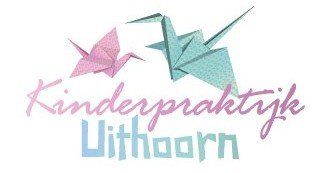There are many problems that can occur at school. Your child might not find school challenging enough and gets bored, or your child experiences great difficulty keeping up with the pace. Issues regarding reading, spelling or mathematics may also arise. The problems might be caused by cognitive developmental delays (mild intellectual disability), by giftedness (highly intelligent), or by dyslexia or dyscalculia.
Other common issues in school – among many others - are fear of failure, being bullied or feeling extremely insecure.
Motivational problems often occur among high school students. In addition, they might struggle with the whole concept of “learning to learn” (the learning process itself).




